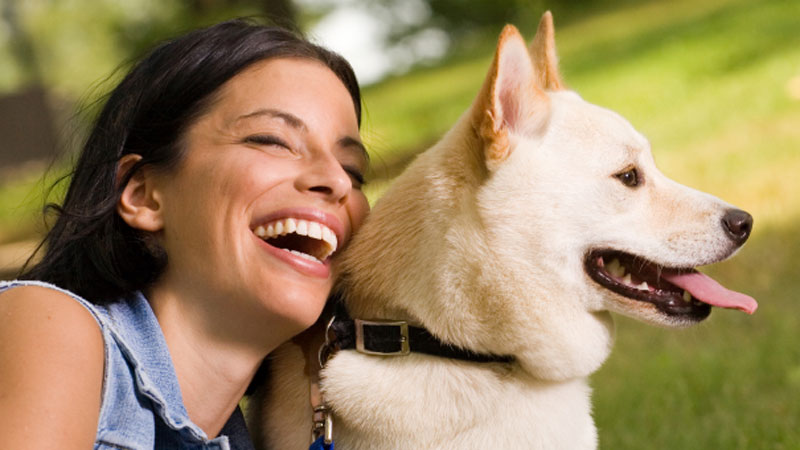Old Age
Smaller dogs tend to reach old age later than larger breeds. Small dogs are considered senior around 10-12 years, medium around 8-10, large breeds around 7-8 and giant breeds as early as 5 years old.
Factors like diet, exercise and overall health also contribute to the aging process. Aging changes can be divided into 3 groups: physical, mental and health.
Physical changes
Generally slowing down and becoming less active, more likely to walk and sniff rather than run around and may start to struggle with jumping or stairs. Weight gain can result from decreased activity, or weight loss can occur due to age related health issues or muscle wastage.
Vision becomes less astute, and you may notice them having difficulty seeing in low light or at night. Hearing loss means they can be less responsive to sounds, may become unresponsive to commands so they appear disobedient, and they will often sleep more deeply.
Arthritis can cause stiffness, pain and reduced mobility so they are slower or less enthusiastic for a walk. Dental problems are more common; gum disease and tooth decay can result in problems eating or halitosis.
Behavioural changes
Cognitive decline or dementia means your elderly dog may have periods of confusion or disorientation. They may forget they have been fed or have difficulty with training. This can be exacerbated by sight or hearing loss.
Changes in sleep patterns are very common - sleeping more during the day then waking early in the morning! Many elderly dogs become more food oriented as their interest in playing wanes. Some develop inappropriate toileting habits- this can be physical due to a weakness of the bladder or rectal muscles or due to cognitive dysfunction when they forget where to go.
Health issues
Older dogs are at a higher risk of heart disease - the heart is a muscle which wears out during the lifespan of a dog. Cancer of all types is much more common in older dogs as cells are more likely to develop mutations as they age. Kidney disease is another problem most commonly seen in old dogs - due to wear and tear in the kidney cells which don’t get replaced over a dog’s life (unlike many other body cells).
It is vitally important that older dogs have regular health checks. These should be at least every 6 months and may include a urine and blood screen. Your vet may pick up on issues that you were not aware of and as with most health problems intervention at an early stage is beneficial to treatment options.
You may need to alter your senior dog’s diet- most elderly dogs require less calories and protein. Adjust exercise routines - elderly dogs may only need 1-2 long walks a week, a good waddle and sniff down the local park can be sufficient on other days to aid physical recovery. If you have slippy floors at home, then rugs can help elderly dogs getting up and down. Your vet may suggest pain medications to manage arthritis.


